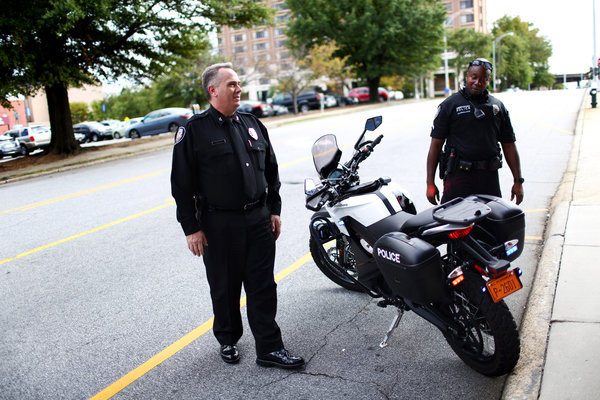A national uproar over racial profiling erupted in the 1990s after New Jersey state troopers were found to have focused on minority drivers for traffic stops in hopes of catching drug couriers. Thousands of local law enforcement departments and more than a dozen state police agencies began collecting traffic-stop information as a result.In the seven states with the most sweeping reporting requirements — Connecticut, Illinois, Maryland, Missouri, Nebraska, North Carolina and Rhode Island — the data show police officers are more likely to pull over black drivers than white ones, given their share of the local driving-age population.
By itself, that proves little, because other factors besides race could be in play. Because African-Americans are, for example, generally poorer than whites, they may have more expired vehicle registrations or other automotive lapses that attract officers’ attention.
More telling, many researchers agree, is what happens after a vehicle is pulled over — especially whether officers use their legal discretion to search a car or its occupants and whether those searches uncover illegal contraband. An officer can conduct a “consent search” without any justification if the driver grants permission. A search can also be made without consent if an officer has probable cause to suspect a crime.
In the four states that track the results of consent searches, officers were more likely to conduct them when the driver was black, even though they consistently found drugs, guns or other contraband more often if the driver was white. The same pattern held true with probable-cause searches in Illinois and North Carolina, the two states that carefully record them.
Read Full Article => The Disproportionate Risks of Driving While Black – The New York Times
